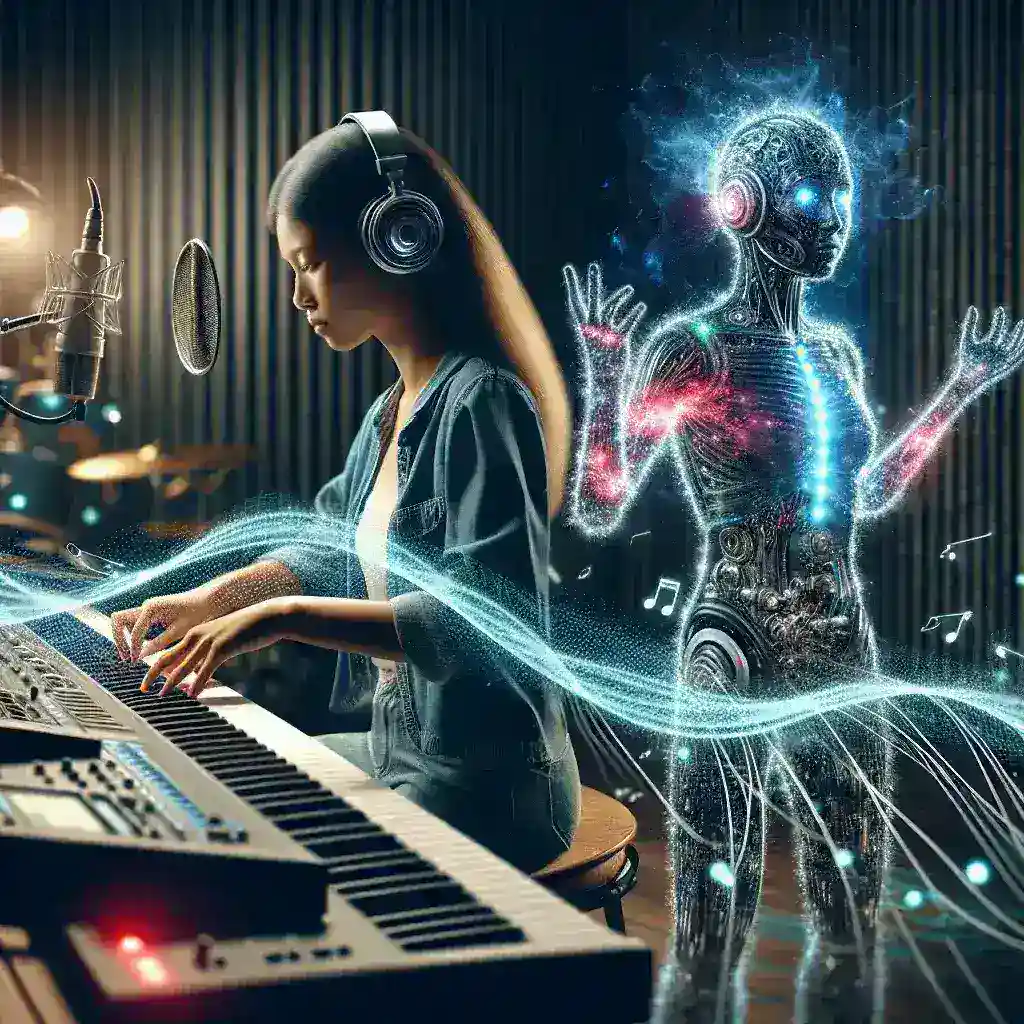Introduction
In a significant move that promises to reshape the landscape for independent musicians, Spotify has announced the rollout of its AI-powered audio mastering service tailored specifically for U.S. independent artists. This innovative upgrade is set to democratize music production, making high-quality mastering accessible to all creators, regardless of their budget or technical expertise.
The Power of AI in Music
Artificial intelligence has been a game changer across various industries, and the music sector is no exception. AI brings a plethora of opportunities for artists, streamlining processes that traditionally required professional expertise and expensive equipment. By utilizing advanced algorithms and machine learning, Spotify’s new service enables artists to produce polished tracks with minimal effort.
Historical Context
For decades, music mastering has been a domain reserved for seasoned professionals. The introduction of digital audio workstations (DAWs) lowered barriers to entry, but mastering remained a complex task. With the advent of AI technology, the landscape is evolving. Spotify’s commitment to supporting independent artists is a testament to the ongoing trend of making musical artistry more inclusive.
Understanding Audio Mastering
Audio mastering is the final step in the music production process, ensuring the track sounds its best before distribution. It involves adjusting the overall sonic characteristics of a mix, enhancing its clarity, balance, and loudness. Traditionally, this process requires technical skill and experience, which can be a hurdle for many independent musicians.
How AI Mastering Works
Spotify’s AI mastering service leverages sophisticated algorithms that analyze audio tracks, automatically applying adjustments to create a polished final product. Here’s a closer look at how it functions:
- Analysis: The AI examines key attributes of the audio, including frequency balance, dynamic range, and stereo imaging.
- Adjustment: Based on its analysis, the AI applies necessary corrections, enhancing the track’s overall quality.
- Output: The service generates a mastered track that artists can easily upload to Spotify and other platforms.
Benefits for Independent Artists
The introduction of AI-powered audio mastering offers several advantages:
- Cost-Effective: Independent artists can access professional-quality mastering without incurring hefty expenses.
- Time-Saving: The automated process significantly reduces the time required to finalize tracks.
- User-Friendly: Artists need not have extensive technical knowledge to achieve a high-quality sound.
Future Predictions
As AI technology continues to develop, we can expect even more enhancements to the music creation process. Future iterations of Spotify’s mastering service may integrate advanced features, like personalized mastering settings, allowing artists to tailor the process to their unique sound. Moreover, the potential for real-time collaboration could transform how artists work together, regardless of location.
Challenges and Considerations
While the benefits of AI mastering are substantial, there are challenges and considerations to keep in mind:
- Quality Variability: Automated processes may not always capture the nuances that a human engineer would.
- Over-Reliance on Technology: Artists may become overly dependent on AI tools, potentially stifling creativity.
Expert Perspectives
Industry experts are weighing in on this paradigm shift. Music producer Jane Doe states, “AI in music production is a double-edged sword. It opens doors for many, but the human touch is irreplaceable.” This sentiment reflects an important balance between technology and artistry.
Real Examples of AI Mastering
Several independent artists have already begun using Spotify’s AI mastering service, with remarkable results:
- Artist A: This emerging pop singer saw a 50% increase in streaming numbers after releasing a track mastered using the new service.
- Artist B: A folk musician praised the service for enhancing the warmth of their acoustic recordings without losing character.
Cultural Relevance
In an era where music accessibility is paramount, Spotify’s initiative aligns with a growing trend toward democratization in the creative industries. The ability for independent artists to produce high-quality music can lead to a richer, more diverse musical landscape, ultimately benefiting listeners and creators alike.
Conclusion
Spotify’s rollout of AI-powered audio mastering marks a pivotal moment for independent artists in the U.S. By leveraging cutting-edge technology, Spotify is not only empowering musicians but also reshaping the music industry in ways previously thought unattainable. As we move forward, the intersection of creativity and technology will continue to evolve, promising an exciting future for music production.

